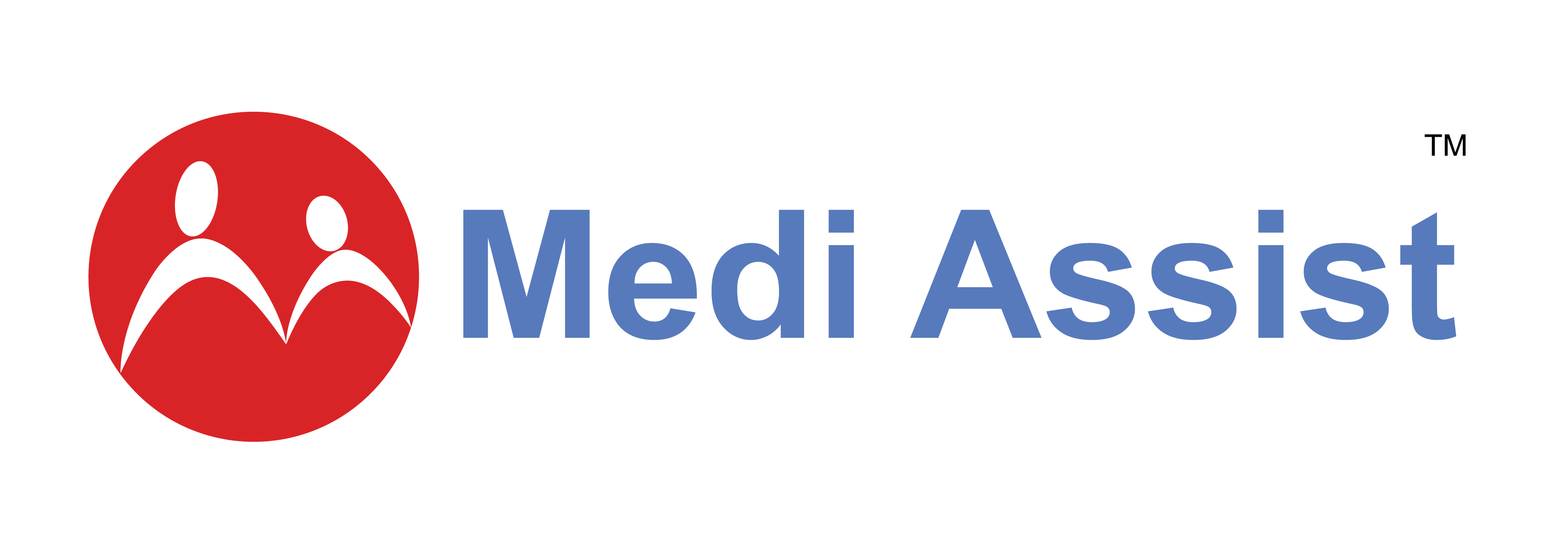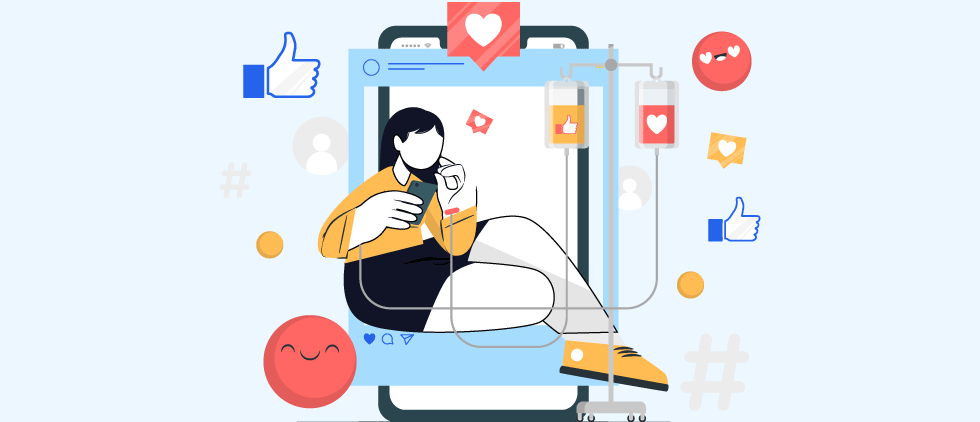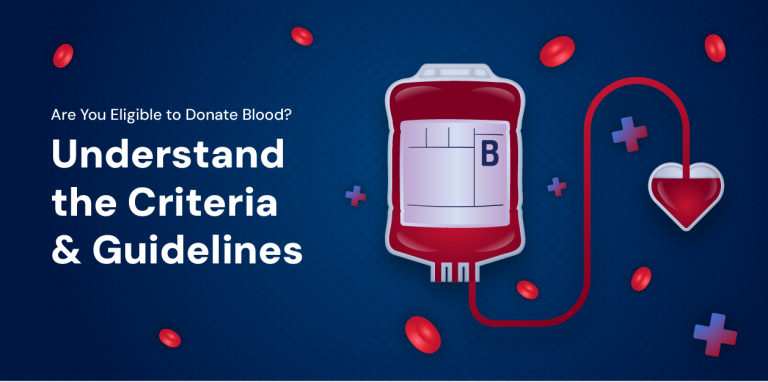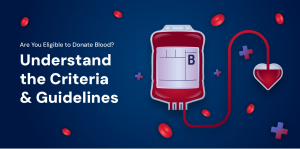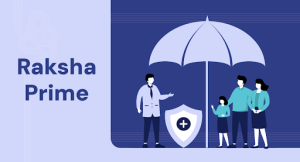Given the current scenario, our society is steadily trying to fit in and function within the digital realm. The biggest liability of this digital revolution is the prominence of social media, which has become inseparable from real social interactions. This virtual utopia is as much a part of our daily routine as personal hygiene and mealtimes.
From endlessly scrolling through Instagram and Facebook feeds to packaging our thoughts to fit into a tweet, social media has fundamentally altered how we think, communicate, connect, and consume information. Whether these changes are positive or negative remains a subject of ongoing debate. But the complex ecosystem buried beneath the glossy filters and curated timelines takes a toll on our mental well-being.
How social media impacts our mental well-being?
Studies have revealed a strong correlation between excessive use of social media and increased rates of anxiety, depression, and feelings of loneliness. Let’s understand how:
- The unreal and exaggerated portrayals of life on social media can lead to constant comparison with our reality, feeling inadequate, and filling our minds with envy, FOMO (fear of missing out), and self-doubt. This can result in dissatisfaction and a decline in self-esteem.
- To fit in, we are constantly pressured to create and showcase modified versions of ourselves and our lives on social media. This façade can lead to a disconnect from our true selves.
- The dopamine rush we experience by receiving likes, comments, and shares can create a sort of addiction to validation-seeking and comparison. We may spend hours on social media while neglecting our real-life interactions and activities that make us genuinely happy.
- The rising cases of cyber bullying and online harassment have added another layer of complexity to the social media landscape. The anonymity and ease of creating accounts encourage individuals to misuse the platform. The constant negative comments and harassment can have unpleasant consequences, exacerbating feelings of anxiety, depression, and isolation.
While social media has empowered people to share knowledge and provide a platform for marginalised voices, it has unfortunately also become a channel for misinformation. The viral spread of fake news, conspiracy theories, and propaganda can be highly misleading and cause anxiety and confusion.
What do we do about it?
Social media is here to stay. What can change is how we allow it to impact us and strive to create a digital landscape that nurtures rather than undermines our well-being.
On a personal level, we can filter our social media feed by following people and accounts that encourage authenticity and positivity. Additionally, limiting screen time and going for regular digital detoxes can help reduce the side effects of excessive social media use.
Collectively, we must advocate for stricter regulations to combat issues like cyber bullying and encourage digital literacy and media education, particularly in discussions about mental health, which is essential for a healthier online environment.
So, the next time you pick up your phone, remember to pause, breathe, and approach social media with mindfulness and intentional. Your mental health will thank you for it.
-Content partner Happiest Health
